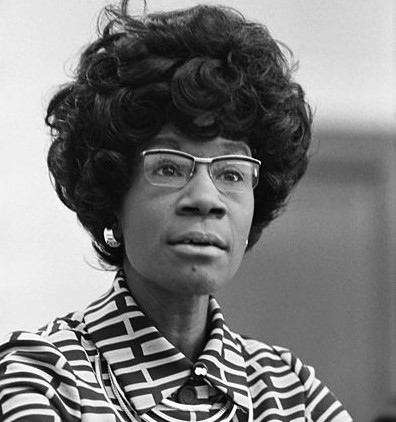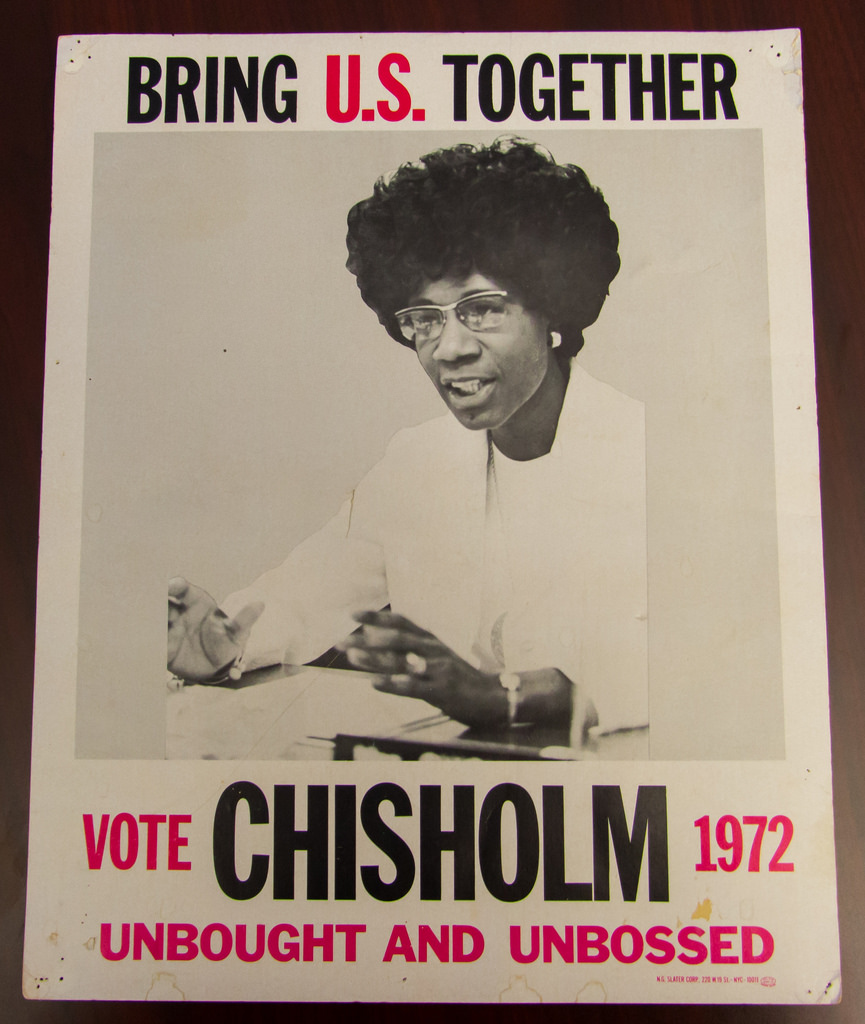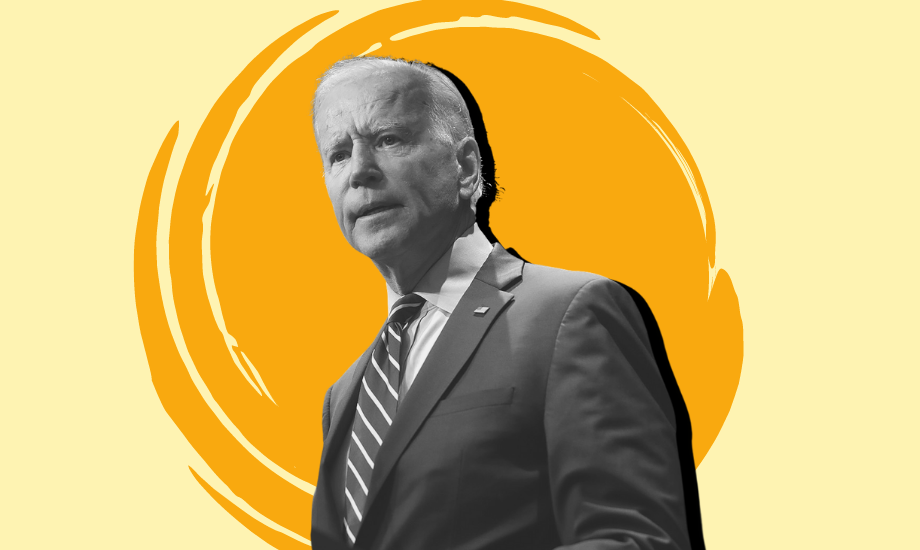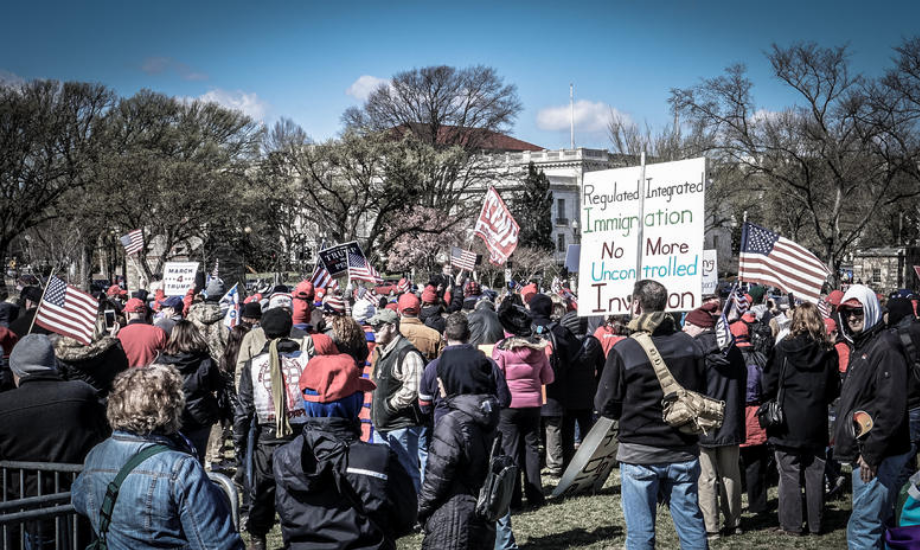
As the 2016 U.S. presidential election fast approaches, US civilians need to recognise the reality we are in as a country. For the first time in our nation’s history, a woman is the presidential nominee of a major political party.
Almost a century ago, women weren’t even allowed to vote. Now, we are facing the possibility of electing the first ever woman as President of the United States. In American society, women have come a long way, but it hasn’t always been the same story for all of us.
The 19th Amendment to the US Constitution granted women the right to vote in 1920. What most people don’t know is that the right to vote was reserved for only white women. Women of colour tried to vote, but were either prohibited by race or discriminated against for their lack of English speaking abilities. Black women were only granted the right to vote after the Civil Rights Movement in 1965. Discrimination against non-English speaking women only ended as recently as 1972.
So whilst it’s easy to believe that all women have made the same progress with the same opportunities, this is not at all the case.
When white women marched in a suffrage parade during Woodrow Wilson’s inauguration ceremony in 1913, the protesters denied Ida B. Wells, a black suffragist and journalist, the right to walk alongside them. Although this is possibly not limited or exclusive to the US feminist movement, there is substantial evidence of racism and exclusivity laced within history. This brought in the need for the womanist movement. It was created to be more inclusive than feminism was, and still is. Black women are often erased, if not pushed aside, as our white counterparts trail-blaze their way into history. What many do not realise is that decades before Hillary Clinton, there was Shirley Chisholm.
Chisholm, a New York native, was the first woman to run a campaign for the nomination in either major party for the office of president. Of course, because of the time she was living in, and other societal hindrances, her democratic campaign was short-lived, but the effect she left was monumental.
But you wouldn’t know that, because we were never taught about her.
This is how it has always been. White women fight for their definition of rights, while the rest of us stand off to the side, uninvited, and excluded. Even today in the US, when discussing the wage gap, we only ever speak about 22 cents missing from a white woman’s paycheck. Meanwhile, the wage gap between Caucasian women and African American and Hispanic women is 15 and 23 cents, respectively.
So, you can see how it would be hard for a minority woman, especially a black woman, to be enthralled by the monumental achievement of womanhood that we could be about to witness. Many black women believe that there isn’t a nominee that is willing to mobilize us from the position we are in currently. And I understand that. We should not be guilted into seeing ourselves in Hillary. She is not us, and we are not her. But, if anything, we know this: progress takes time. So, until women have become completely equal, women of colour will keep pushing on and making history as we always do. We will continue to make history remember us. Even if it doesn’t want to.

Britain’s policing was built on racism. Abolition is unavoidable

How Pakistan’s Khwaja Sira and transgender communities are fearing and fighting for their futures

Their anti-rape performance went viral globally. Now what?







